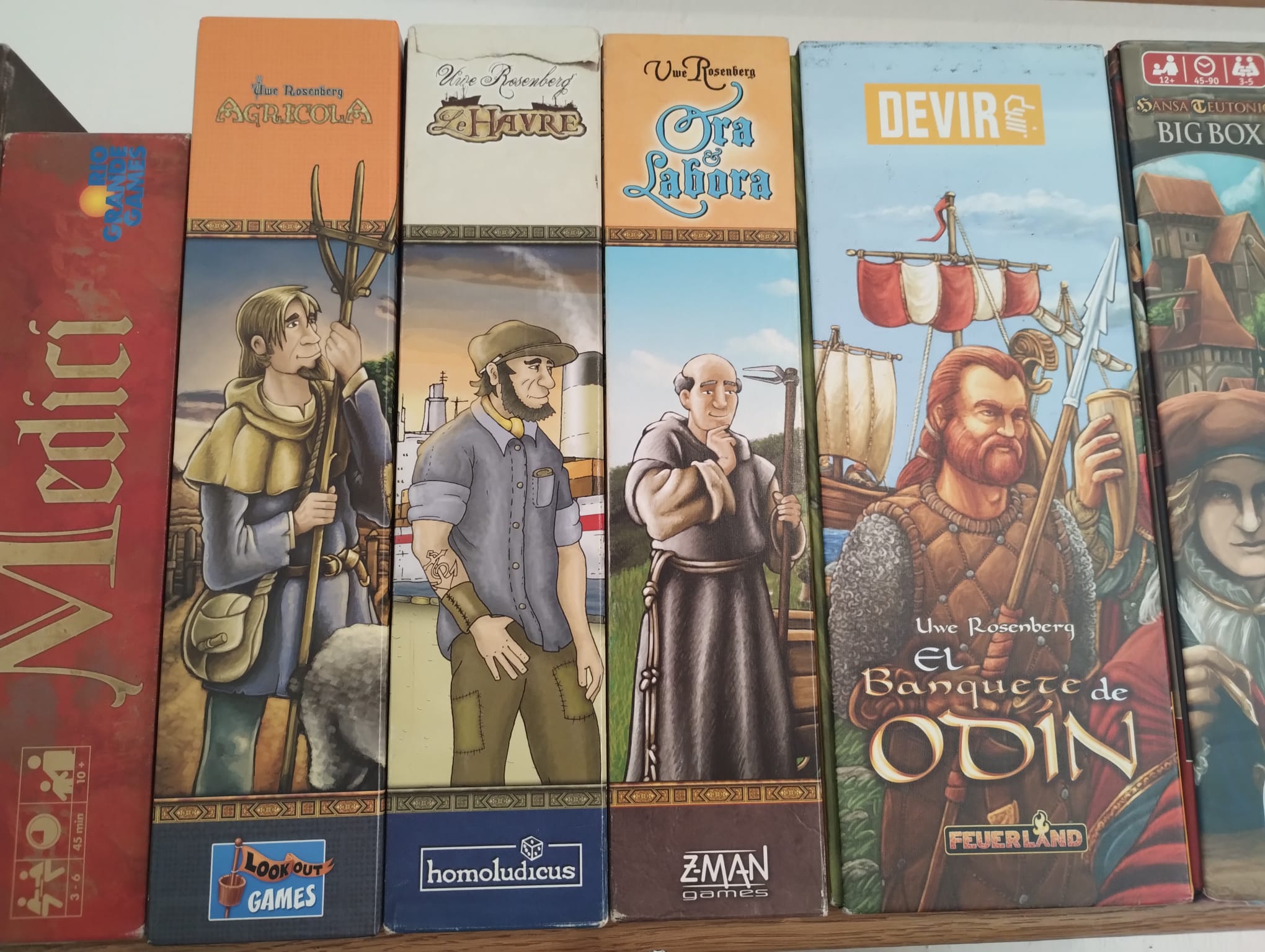What I don't like about your categories is that you're focusing on the buying and owning games part.
nachof
If some random dude comes in and opens a new instance, and then it comes out that this dude willingly associates with white supremacists, is a known creep, and even had a hand in an actual real life genocide, everybody would defederate without a second thought.
But suddenly that dude is Facebook and has a shit ton of money and everybody is just wait and see.
It's my favorite series of his. I read the first couple of Laundryverse books, and while they're fun, I'm not a fan of the lovecraftian horror thing. But Merchant Princes hooked me right from the start. Tons of politicking, and by the end it gets messy, like really messy. It's basically The Godfather meets Game of Thrones meets Sliders. And then the followup series (Empire Games) is a Cold War spy thriller with portals. You can just start with Empire games, it's written to be a separate series, but it does have massive spoilers for the original series.
The Lost Fleet series by John G Hemry
A note on this: the series is written under the Jack Campbell pseudonym. Took me a while to find. The first book is Dauntless
I think Charles Stross does this pretty nicely, although his science part is not very hard science. So he's basically not predicting anything, his science fiction is more of the "ok I know this is not real but what if it were" variety.
The Laundry Files series is "what if Lovecraft was right and there's magic math that can summon the old gods", but then add to it that we do have a way to do tons of math stuff in the form of computers. So of course what happens? Well, there are spy agencies tasked with controlling this, because we can't get rid of computers, too important, but also, we can't let that magic math run wildly.
The Merchant Princes series is "what if there was a way to travel to an alternate dimension". So what happens? The dudes from the alternate dimension, who are the ones that discovered the secret, and come from a medieval-like world, use that to smuggle shit. They can go near the border, jump to the other side where the border doesn't exist (or at least doesn't exist right there) walk a couple of miles, and then jump back to our world. They of course build a massive criminal empire on our side. On the other side, they bring our advanced tech gadgets back and they are a hugely powerful merchant family. There's also all the implications for security. You can jump inside any building as long as you know exactly where it is on the other side. And the shit the US government gets up to when they discover this exists is pretty disturbing (especially when you consider that it makes sense given what was done in the name of the war on terror).

I feel like part of the problem is that the people participating in and boosting the consumerist aspect are the ones with the shiniest toys to show. Like, sure, 1830 is an awesome game (even if I still can't get a regular group to play it), but you won't get more upvotes for showing off your 100th game of 1830 than your first game of .
An look, I like having new games. I enjoy the feel of new puzzles to try. But in the end, it's as you say, the best part of the games is getting together with friends and doing soemthing fun for a few hours. Having a collection as a backdrop in my video calls is not the point of buying games.